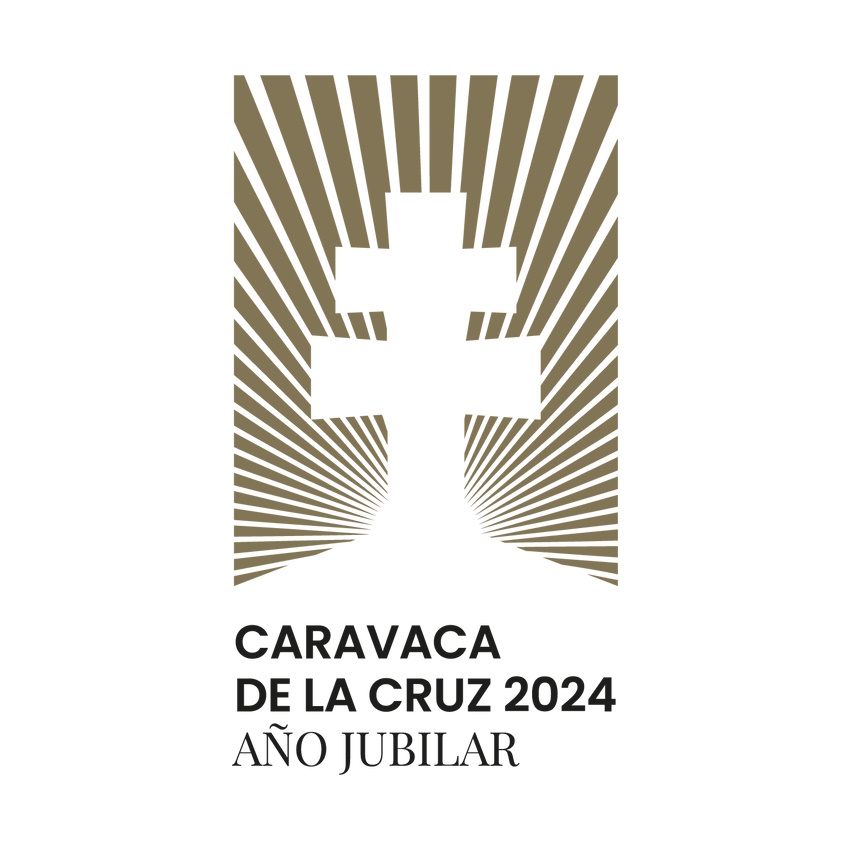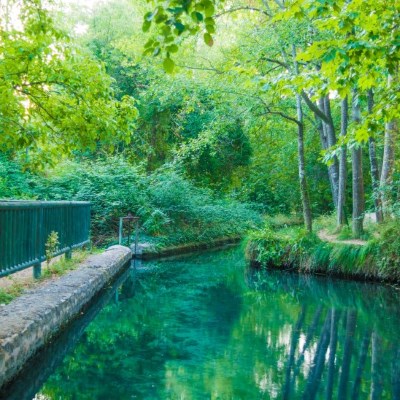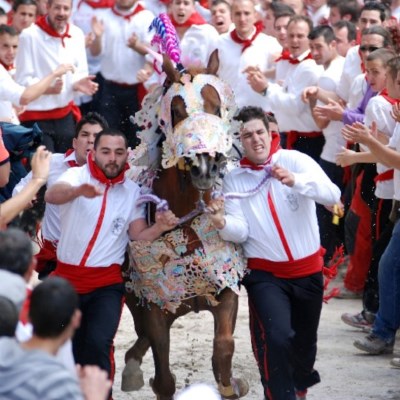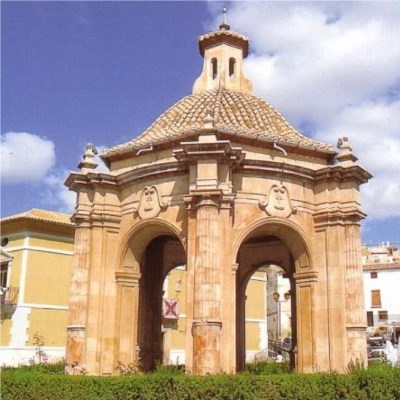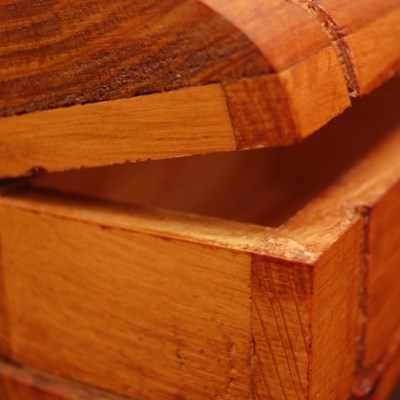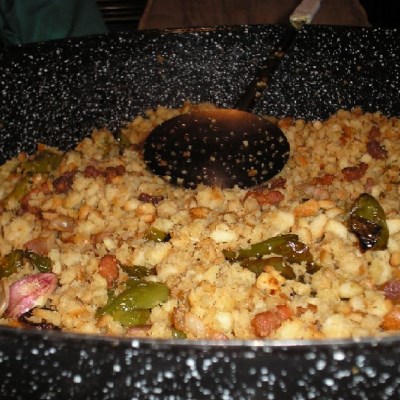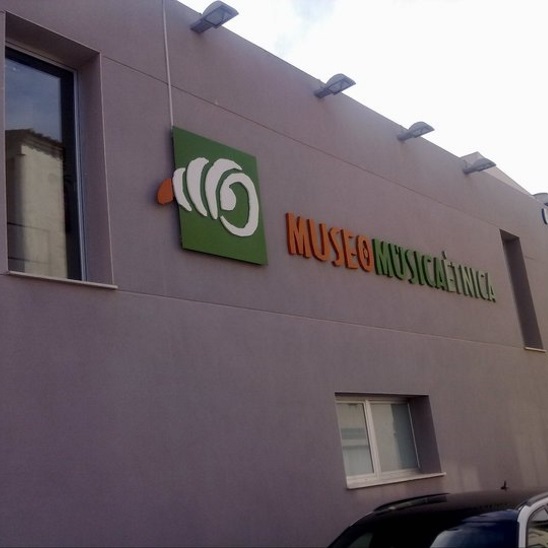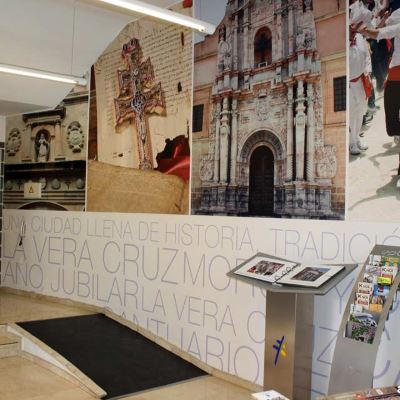El Ayuntamiento de Caravaca, dentro de su apuesta por la digitalización y la competitividad turística, es una de las primeras administraciones locales en España en contar con este puntero sistema
El SIT analiza datos clave, como el origen y preferencias de los visitantes, la ocupación o el impacto económico, entre otros muchos aspectos, para facilitar la toma de decisiones
Este es otro de los proyectos materializados en el marco del Plan de Sostenibilidad Turística ‘Camino a Caravaca’, financiado con fondos europeos ‘Next Generation’
16/04/2025. El Ayuntamiento de Caravaca de la Cruz se posiciona como una de las administraciones locales pioneras a nivel nacional en la implantación de un innovador Sistema de Inteligencia Turística (SIT) para mejorar la gestión del destino y ofrecer una experiencia turística más personalizada, eficiente y sostenible.
Acompañado por los expertos que a lo largo de los últimos meses se han encargado de su desarrollo, el concejal de Turismo, José Santiago Villa, ha dado a conocer esta herramienta estratégica, que “será de gran utilidad no solo para las administraciones públicas sino también para los profesionales del sector turístico, permitiendo que las decisiones se basen en datos objetivos y no en la intuición”.
“Este sistema sitúa a Caravaca a la vanguardia del turismo inteligente en la Región de Murcia. Nos permitirá conocer mejor a quienes nos visitan, saber sus preferencias, el grado de satisfacción y anticiparnos a las necesidades para hacer compatible el crecimiento turístico con la conservación de nuestro patrimonio y la calidad de vida de los caravaqueños”, según ha detallado el concejal, quien ha enumerado otros avances en materia de digitalización, como la experiencia 360 de la carrera de los Caballos del Vino, las audio guías de la Red Municipal de Museos o la sala inmersiva que próximamente se creará en el Museo de la Fiesta.

Por su parte, el CEO de DeepSense SL, Enrique García, ha detallado que “este sistema hace de Caravaca un destino mucho más competitivo, permitiendo, entre otros muchos aspectos, orientar adecuadamente las campañas de promoción”.
El SIT, desarrollado en colaboración con expertos en transformación digital y turismo inteligente, recopila, analiza y visualiza datos clave sobre el comportamiento de los visitantes, el impacto económico del turismo y el uso de los recursos turísticos, facilitando así la toma de decisiones informadas por parte de las autoridades locales y los agentes del sector.
El sistema integra fuentes de información como flujos de movilidad, reservas, opiniones online, redes sociales y datos meteorológicos, demográficos o relativos al empleo y al desarrollo económico del municipio, entre otros. Para ello se nutre en tiempo real de los datos de la Oficina de Turismo, la Red de Museos, el Instituto Nacional de Estadística, el Servicio de Empleo y Formación o el Padrón Municipal, entre otras fuentes. El sistema se nutre, de igual modo, de las cámaras de video vigilancia dotadas de conteo de personas, para conocer al detalle el flujo de visitantes.

El Sistema de Inteligencia Turística (SIT) es otras de las acciones enmarcadas en el Plan de Sostenibilidad Turística en Destino ‘Camino a Caravaca’, dotado con fondos europeos ‘Next Generation’del Plan Nacional de Recuperación, Transformación y Resiliencia. El proyecto ha contado con un presupuesto de 34.000 euros.


